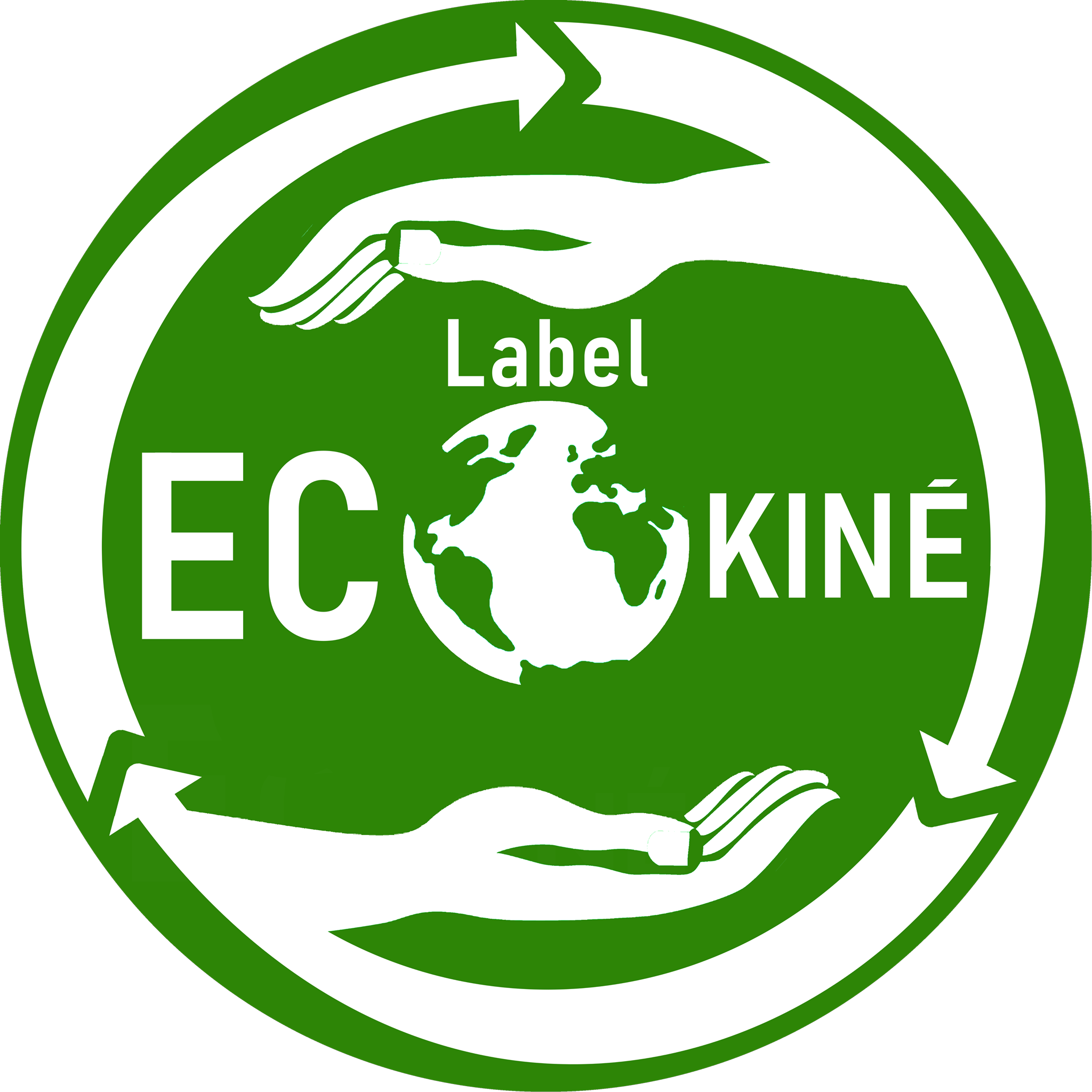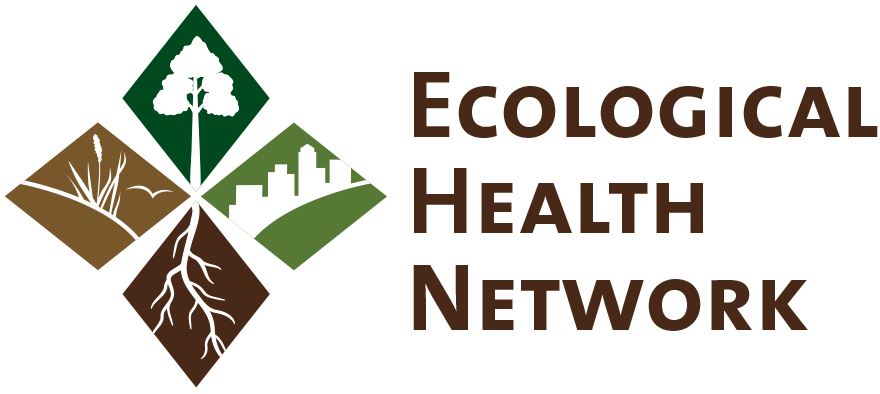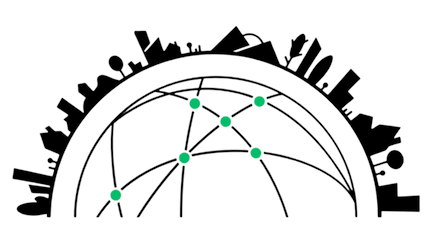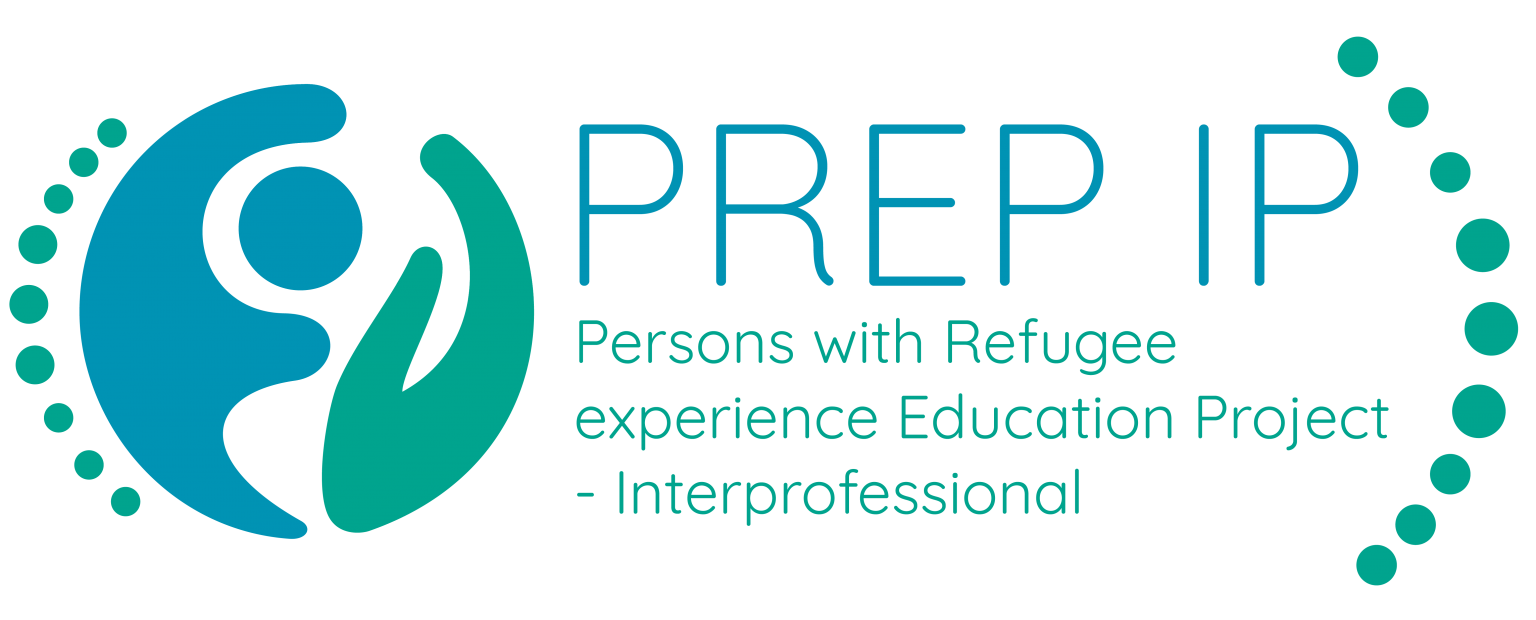ABOUT US
The Environmental Physiotherapy Association (EPA) is the first international network of physiotherapy clinicians, educators, researchers, and students interested in exploring and advancing the field of environmental physiotherapy.
Members of the EPA are active through grassroots activism, social media, researching, teaching and clinical practice. They publish in academic journals, present at international conferences, plant trees, hug animals, and promote the study and practice of environmental physiotherapy.
Membership is free and open to anyone with an interest in environmental physiotherapy and a commitment to the network’s aims and objectives.
EPA CONSTITUTION – An organic, perpetual draft
The EPA is grounded on the recognition that physiotherapy always takes place on a planetary scale, and must therefore be thought of and practised ecologically. This is to say that we recognise that it is not possible to think the one (human health, healthcare, physical therapy, etc.) without simultaneously thinking the other (environment, ecology, planetary health). And further, that if it is not possible to think the one without the other, it is also not possible to practise human healthcare without simultaneously practising environmental healthcare.
The association is founded on the belief that the physical therapies can make a much more valuable and significant contribution to human and planetary health than the historically and socially self-imposed limits on the profession have previously allowed. The Association has been made possible by a growing sense that a critical mass of physiotherapists are eager to advance contemporary physiotherapy theory and practice towards a more positive, inclusive, environmental future for the profession.
The EPA will appeal to people with an interest in physiotherapy, healthcare, and current questions and issues regarding our planetary environment and its health, including people who are not practising physiotherapists. We seek to encourage contributions from, and collaborations with, academics, clinicians, educators, researchers and, students, and anyone who can help us to achieve the objectives set out below.
The idea of keeping our constitution in the form of a ‘perpetual, organic draft’ is in an effort to do justice to our approach of environmental physiotherapy as an open landscape for physiotherapy research, practice, and education. In such a landscape, understanding and orientation should continuously move, shift, and alter as understanding grows, is turned around, implemented and explored further again. Consequently, a constitution for an association seeking to be active in this field also needs to grow and change, organically, in the precise way that our hopes for physiotherapy are to move closer to, and with, the environment.
OUR VISION
To help physiotherapy contribute more meaningfully to planetary health and wellbeing.
OUR MISSION: 4E
To envision, explore, enhance, and employ
environmental physiotherapy.
ENVISION
To imagine, create, dream…
EXPLORE
To research, study, interrogate…
ENHANCE
To advance, promote, strengthen…
EMPLOY
To practise, act, do…
OUR AIMS AND OBJECTIVES
The EPA will strive to achieve our vision by:
1. Actively exploring existing and future relations between physiotherapy theory and practice and our planetary environment and health;
2. Being open to all ideas, practices, objects, disciplines, systems and structures that can contribute to the exploration, development, and practice of more environmentally engaged physiotherapy;
3. Challenging physiotherapists to critically examine the profession’s historical anthropocentrism and ecological agnosia;
4. Providing a platform for the latest research and developments in environmental physiotherapy;
5. Providing support for environmental physiotherapy research and development;
6. To advance the study, understanding and implementation of environmental sustainability and related policies like the UN Sustainable Development Goals in physiotherapy research, practice, and education;
7. To advance policy development with regard to planetary health within the physiotherapy profession and beyond;
8. Nurturing a positive, collaborative and supportive space for ideas that promote more environmentally engaged and responsible physiotherapy.
The EPA Executive Committee
The EPA Executive Committee held its first meeting via video-conference on Tuesday 22 October 2019. It is currently made up of 11 members:
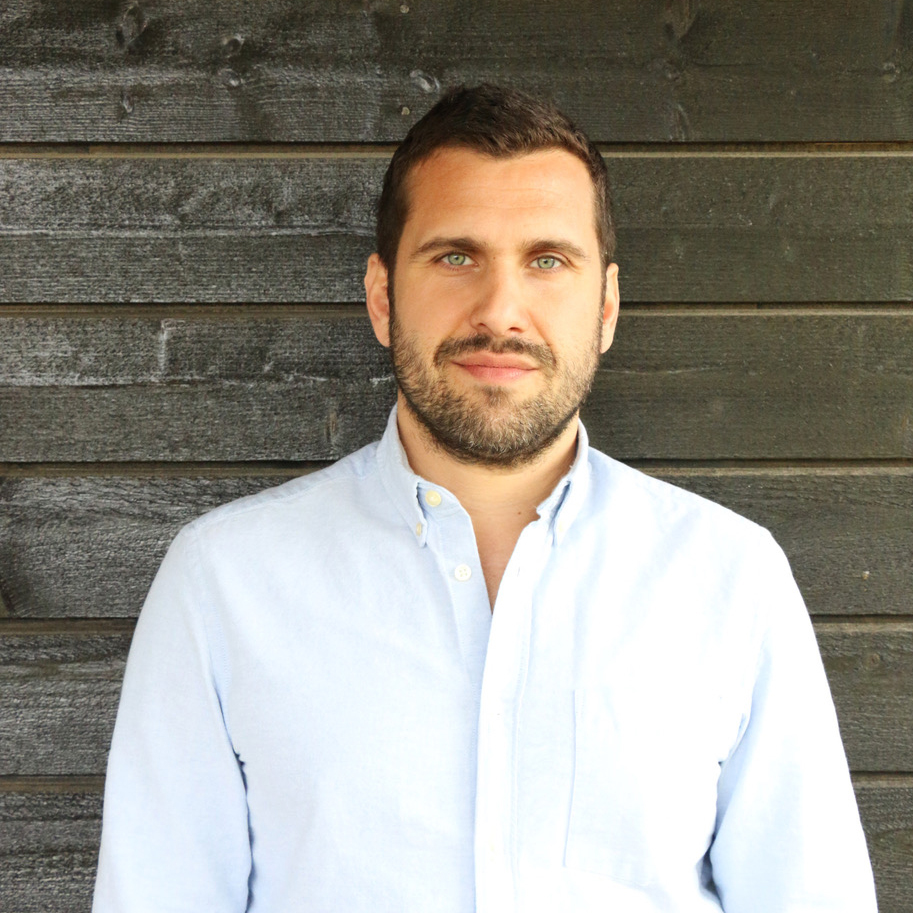
Filip Maric (PhD)
EPA Founder and Executive Chair, Associate Professor, UiT The Arctic University of Norway
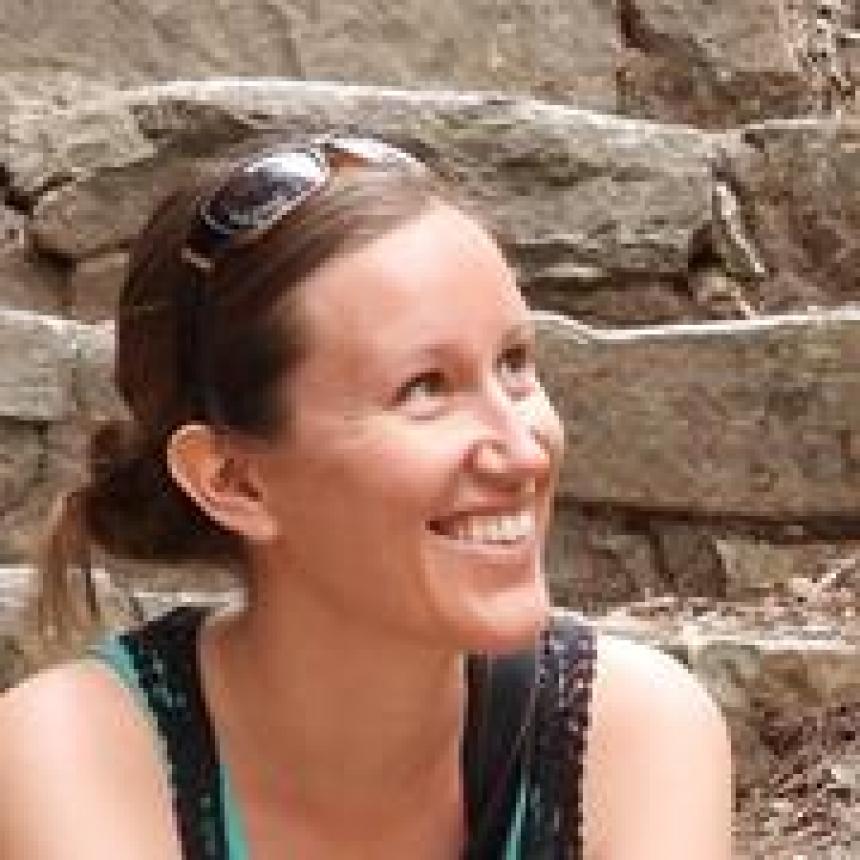
Jessica Stanhope (PhD)
Lecturer, The University of Adelaide
Dr Jessica Stanhope is a researcher and educator with a background in physiotherapy and epidemiology. She has extensive experience in cross-disciplinary research and a particular research interest in how healthy ecosystems help improve human health outcomes.

Srishti Banerjee (Master's of Physiotherapy)
Assistant Professor, L.J, Institute of Physiotherapy
Srishti Banerjee is an Assistant professor at L.J institute of physiotherapy and a member of the EPA executive committee. Her research interests include pathology in rare neurological manifestations and Rehabilitation strategies for neurological disorders.

Augustine Appah Acquah (PhD)
Lecturer, Department of Physiotherapy, University of Ghana
Augustine Appah Acquah is a lecturer and researcher at the University of Ghana committed to addressing global health challenges in Africa and training the next generation of physiotherapists to tackle the physical rehabilitation needs of Ghana. He has a keen research interest in occupational health and ergonomics with a particular focus on environmental factors and their implications for worker’s health.

Oka Sanerivi (MPT)
Executive Committee Member Physiotherapy New Zealand, PhD student
Son of the Moana. Father to her heirs. Servant to her people. Oka Sanerivi is a physiotherapist of Pacific descent and a strong passion for advancing Indigenous health and leadership. He serves as an executive committee member of Physiotherapy New Zealand while completing his PhD at the University of Otago in Ōtākou, Aotearoa.
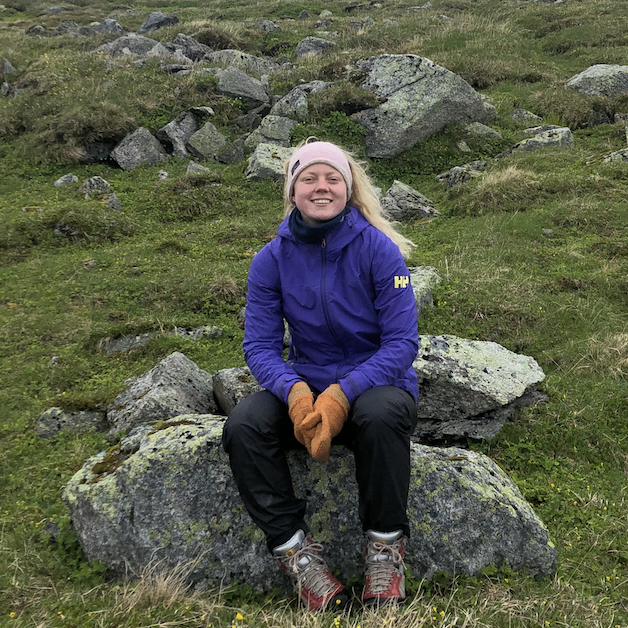
Margit Nikoline Langballe
Physiotherapy Student, UiT The Arctic University of Norway
Growing up on a farm in a small village in Western Norway, nature has always been a big part of my life. Environmental physiotherapy is the perfect combination of two of my biggest passions. You can read my first #EnviroPT publication in the Norwegian Physiotherapy Journal here.
Insta: @margittl
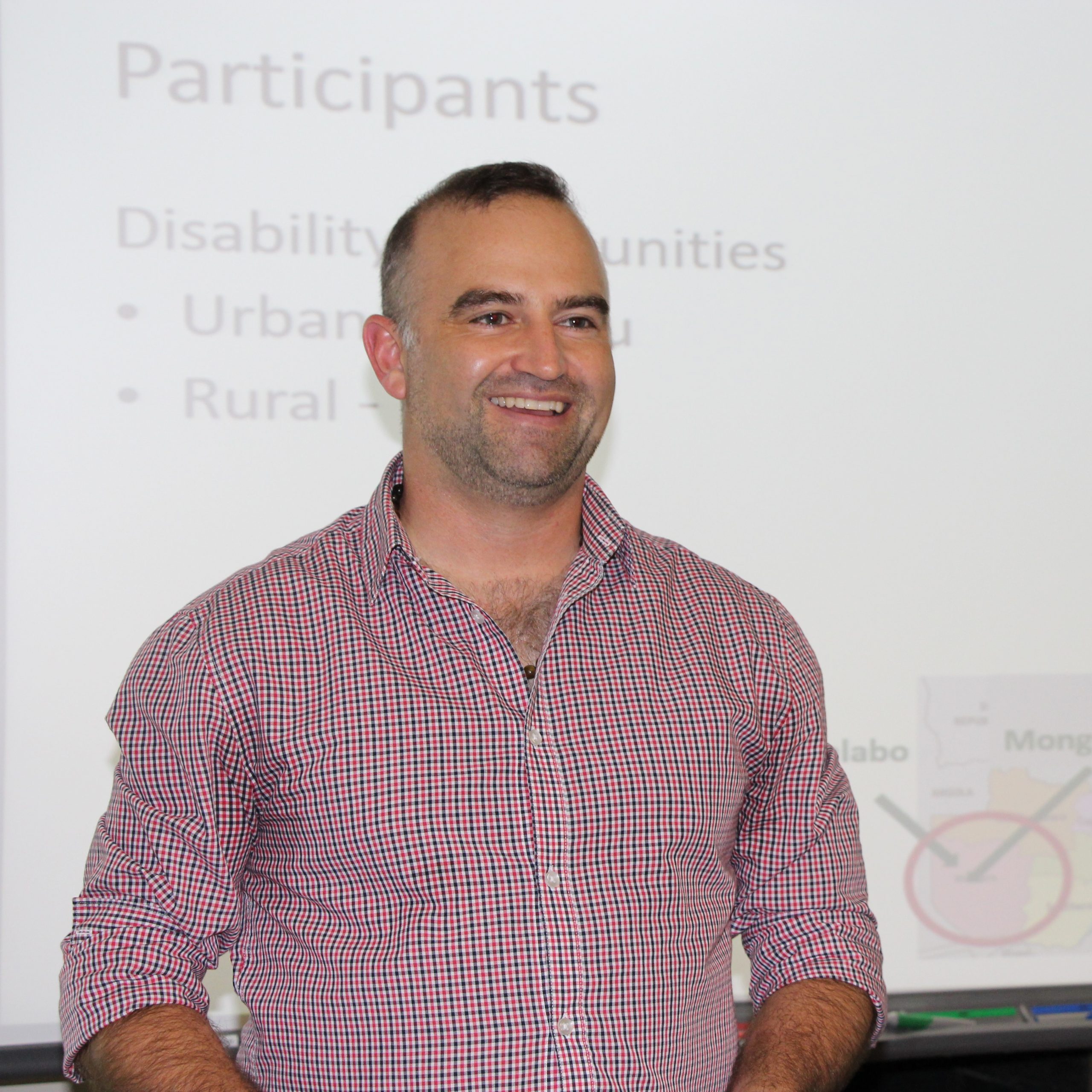
Shaun Cleaver (PhD)
Professeur adjoint, École de réadaptation, Université de Sherbrooke
Comme chercheur, Dr Shaun Cleaver explore les politiques publiques et les services en collaboration avec des personnes en situation de handicap. Comme enseignant, Shaun s’intéresse à la santé mondiale et communautaire et au professionnalisme.
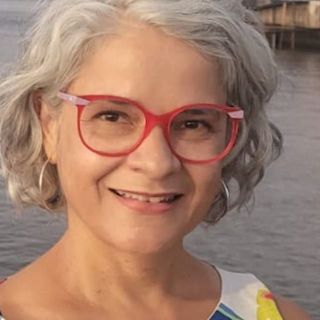
Adriane Vieira (PhD)
Associate professor at the Federal University of Rio Grande do Sul, Brazil
Adriane Vieira is a researcher and professor of the undergraduate course in physiotherapy and the postgraduate course in Human Movement Sciences. Passionate about nature and the flow of movement, she is interested in research related to health promotion and therapeutic approaches, mainly linked to the following themes: collective health, environmental physiotherapy, somatic education and chronic pain.

Joost van Wijchen (MSc)
Head of Physiotherapy Section, HvL Western Norway University of Applied Sciences
Joost van Wijchen has a focus on progressive learning, togetherness and internationalisation, with research interests in critical pedagogy, competence-building for present and future societal needs, equity, social justice, sustainability, health (public & global), planetary health and physical activity.
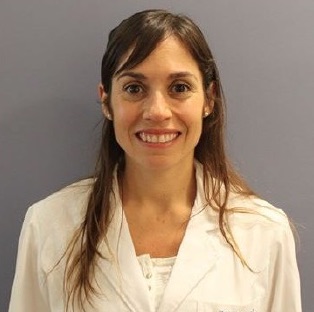
Magdalena Chamorro (MSc)
Assistant teaching professor, Department of Health Sciences, Pontificia Universidad Católica de Chile
Mrs Magdalena Chamorro is a physiotherapist and Assistant teaching professor at the Department of Health Sciences, Pontificia Universidad Católica de Chile. With clinical and teaching experience in cardiorespiratory physiotherapy and cardiovascular rehabilitation. Magdalena is also responsible for internationalisation in the Physiotherapy program.
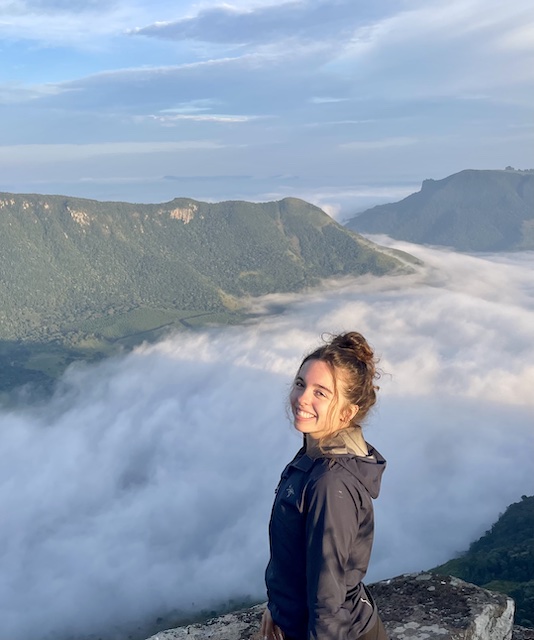
Émilie Fortin (MPT)
Physiotherapist, McGill University and University of Quebec in Chicoutimi (UQAC)
As a recent graduate from the Master program in Physiotherapy (2023), Émilie has continued to work as a research assistant studying the effects of nature therapy on individuals living with chronic diseases. She will be returning to her studies in 2024 to pursue a customized Ph.D. focusing specifically on chronic pain within this context while continuing to work as a clinician.

Emma Swärdh (PhD)
Assistant Senior Lecturer, Karolinska Institutet, Sweden
Emma Swärdh is committed to addressing health promotion & prevention from the perspective of sustainable development including planetary health and sustainable health care. She also has a particular research interest in education for sustainable development within physiotherapy. Her absolute favorite place is in the forest.
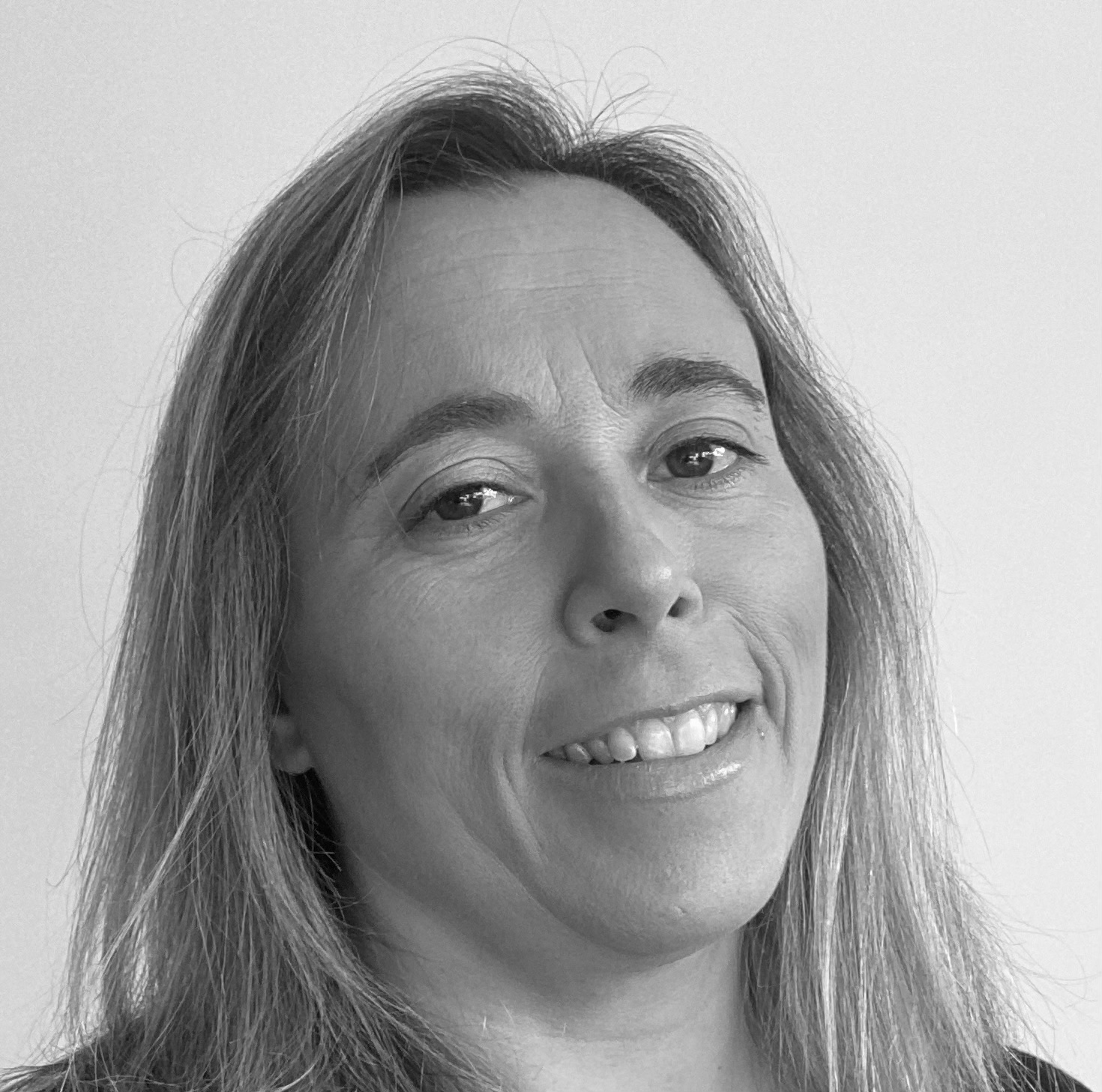
Andrea Ribeiro (PhD)
Coordinator professor, Director of the research Center, President of the International Institute of Physiotherapy
I am a physiotherapist since 1999, and a teacher and researcher since 2001 and I enjoy this a lot. My research fields are musculoskeletal, cardiorespiratory, and environmental physiotherapy.
Since 2023, I have also been secretary of ENPHE, the European Network of Physiotherapy in Higher Education, and am leading its environmental physiotherapy working group.
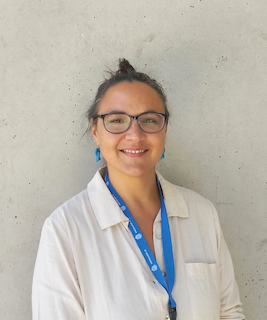
Bárbara Muñoz Monari (MPH)
Assistant teaching professor, Department of Health Sciences, Pontificia Universidad Católica de Chile
Mrs Bárbara Munoz Monari is a physiotherapist with clinical experience and a Master’s in Public Health. Her research focuses on physical activity, sedentary behavior, and cardiovascular health. She aims to contribute to decreasing global and national physical inactivity rates.
We are incredibly grateful to past EPA Executive Committee members who have helped shape the present and future of our association and environmental physiotherapy on the whole:
Prof David Nicholls (EPA Co-Founder, AUT University of Technology Auckland, New Zealand)
Associate Prof Karien Mostert (University of Pretoria, South Africa)
Dr Jane Culpan (Queen Margaret University Scotland, UK)
Palasha Sardesai (MSc, India)
Issie Long (BSc, Wales, UK)
Marion Kennedy (PhD, Otago University, New Zealand)
Olivia Stone (PhD, New Zealand)
Lucy Inyang Edet (University of Uyo, Nigeria)
The EPA Student Assembly
Are you a physiotherapy student or recent graduate? Are there any projects or questions you have in mind that you would like to work through with others? Connect with other peers from around the world who share your passion for environmental physiotherapy!
Please get in touch via Instagram, or the email or QR code in the image here.

Partners and Communities
The EPA is a proud member of…
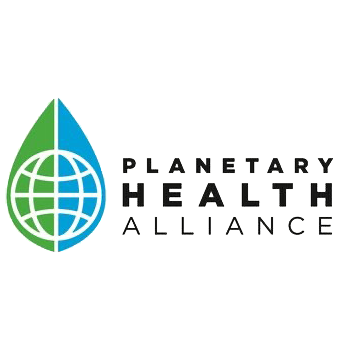
About the Planetary Health Alliance
The Environmental Physiotherapy Association is a proud member of the Planetary Health Alliance, a consortium of over 200 universities, non-governmental organizations, research institutes, and government entities from around the world committed to understanding and addressing global environmental change and its health impacts.

About the SDSN
The Environmental Physiotherapy Association is a proud member of the Sustainable Development Solutions Network (SDSN) – a global initiative for the United Nations, the world’s leading knowledge network for the UN Agenda 2030 Sustainable Development Goals (SDGs). The SDSN mobilizes global scientific and technological expertise to promote practical solutions for sustainable development, including the implementation of the SDGs and the Paris Climate Agreement.
EPA communities
Health4Future
Health 4 Future – Physio, OT and Speech and Language Therapists Working Group: We are a Germany-based group committed to sustainable climate protection. Our goal is to develop solution-oriented concepts for the therapy profession. Within project groups, we aim to design future-proof, sustainable behaviours and work processes for healthcare facilities. We are in the process of finding ways to inform and educate patients and educational institutions about the connections between climate change, society and health.
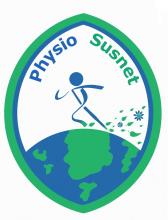
About PhysioSusNet
The Physio Susnet – A network of the Centre for Sustainable Healthcare UK: Join clinicians, researchers, educators and students interested in reducing the carbon footprint of physiotherapy, and harnessing our services to reach a ‘net zero carbon’ health service. This network will allow us to share ideas and resources for socially and environmentally-responsible physiotherapy. We are working in collaboration with the Environmental Physiotherapy Association (EPA).

About Physiotherapy Declares
Physiotherapy Declares is a physiotherapy speciality group of the Health Declares organisation in the UK. We are a grassroots, voluntary group of physiotherapy professionals from across the UK united in the recognition of a global climate and ecological emergency. We are lobbying our professional body, the Chartered Society of Physiotherapy, to recognise that climate change poses a significant risk to health, and that we, as healthcare professionals and therapists, have significant responsibility and potential to contribute to the transition to more sustainable futures for all.
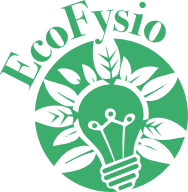
Meer over Ecofysio
Inspiratie en praktische tips voor een duurzame fysiotherapiepraktijk. Wil jij jouw fysiotherapiepraktijk verduurzamen, maar weet je niet waar je moet beginnen? Wij helpen je op weg! Ecofysio is een Nederlandstalige groep fysiotherapeuten die geïnteresseerd zijn in environmental physiotherapy en duurzame gezondheidszorg.
Label EcoKiné
Label EcoKiné est une association composée de kinées et kinés bénévoles. Notre objectif est de mettre en valeur l’impact écologique et social dans la profession de Kiné. Cet impact peut être vertueux grâce à une prise de conscience et une addition de changement au travail. L’association EcoKiné a pour but d’accompagner et de valoriser les cabinets de kiné souhaitant s’inscrire dans cette démarche positive.
Dans cette démarche nous accompagnons nos collègues sur toutes les thématiques qui permettent à notre profession de se réinventer. Retrouvez tous nos articles dans notre blog et n’hésitez pas à partager votre expérience avec nous.
Our partners
About EHN
Ecological restoration is a process of fostering a diverse and resilient eco-social assemblage of flora, fauna and soils, with the goal of improving human health and wellbeing. The goal of the Ecological Health Network (EHN) is to foster a rapid increase in the amount and the effectiveness of ecological restoration throughout the world. We encourage restoration activities using native species and local traditional knowledge.
About HCWH Europe
Health Care Without Harm Europe exists to create a sustainable healthcare sector. One that does no harm to patients or our planet. One that acts as a catalyst, inspiring action right across society to protect human health and the environment. One that drives change in communities, so people can live more healthily on a healthier planet.
HCWH Europe is a network of thousands of hospitals, healthcare leaders and healthcare professionals, with members across Europe and partners across the globe.
The vision of HCWH is for healthcare to mobilise its ethical, economic and political influence to create an ecologically sustainable, equitable and healthy world.
The mission of HCWH is to transform healthcare worldwide so that it reduces its environmental footprint, becomes a community anchor for sustainability and a leader in the global movement for environmental health and justice.
About ENPHE
The European Network of Physiotherapy in Higher Education (ENPHE) is the leading Knowledge Forum related to Physiotherapy Higher Education in Europe that anticipates trends and forces in the changing society that shape professional practice and education. With over 150 member universities ENPHE provides a Home for collaborate and support to improve educational developments, and embraces a strategic focus on environment and sustainability in physiotherapy, healthcare and the world at large.
About Physiopedia
The Environmental Physiotherapy Association is a proud partner of Physiopedia and Physioplus. Physiopedia is the largest available free-access and continually updated physiotherapy knowledge resource and is used by people in every corner of the world. Physioplus provides everything for your continuing education and professional development, giving you one place to go for your lifelong career needs. Physiopedia now features an Environmental physiotherapy content development project aiming to develop, increase and share knowledge on all aspects of environmental physiotherapy with colleagues around the world, while Physioplus offers a new Environmental physiotherapy professional development programme featuring a growing number of courses in the field.
Cerca la RED Salud Planetaria
RED Salud Planetaria es un proyecto participativo de colaboradores comprometidos con la salud y el medio ambiente. Exploramos todos los temas de interés dentro de la salud planetaria, en especial aquellos que tienen un impacto significativo en la salud de las personas. Ayudamos a dar visibilidad a vuestros trabajos divulgando y comunicando de forma educativa. Nuestros colaboradores nos facilitan sus recursos sin ánimo de lucro en forma de redacciones, pósters, podcasts y/o cualquier otro formato que podamos publicar. Ofrecemos un espacio en donde poner en valor los trabajos de nuestros aliados, un espacio hacia el público con un reconocimiento completo de vuestra autoría y trayectoria profesional.

About Justice-Centred Rehab
At Justice-Centered Rehab, we aim to uplift and share progressive messages and events, particularly in the sphere of rehabilitation. We strive to influence a justice-centred focus in relevant organizations and groups to encourage justice within their practice and policies with the goal of increasing harmony and equity in society. In collaboration with Environmental Physiotherapy Association (EPA), we try to highlight the social causes of today’s environmental problems, and the historical overlaps between social and environmental injustice and their effects on the health of people.
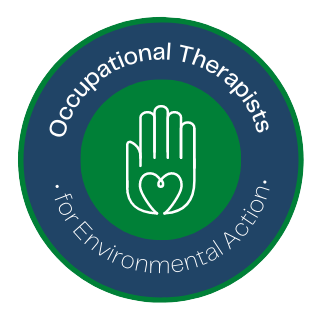
About OTEA
Occupational Therapists for Environmental Action (OTEA) is an American network of occupational therapy (OT) practitioners, researchers, educators, and students advocating for the profession to address climate change. We endeavour to collaborate with the public and like-minded healthcare professionals to address the ways in which human occupation can either contribute to or mitigate the worst effects of the climate crisis. We understand that the worst effects of climate change fall on already marginalized populations and believe that we, as healthcare providers, have an obligation to address climate change to protect the health of all our clients.

About iApS 2030
iApS 2030 is an Innovation unit in sustainable development, health, and global justice through service-learning based out of UiB University of the Balearic Islands. The partnership with the EPA is focussed on promoting practical and education innovation in planetary health and environmental physiotherapy.
About Sustain Our Abilities
Sustain Our Abilities is a climate change non-profit organization focused on the intersection of climate, health, and disability. SOA is dedicated to addressing the health impacts of climate change and expanding disability-inclusive climate action through public education, research, organizing and advocacy. We work to transform climate adaptation and mitigation in ways that improve the independence, health and well-being of all people with and without disabilities.
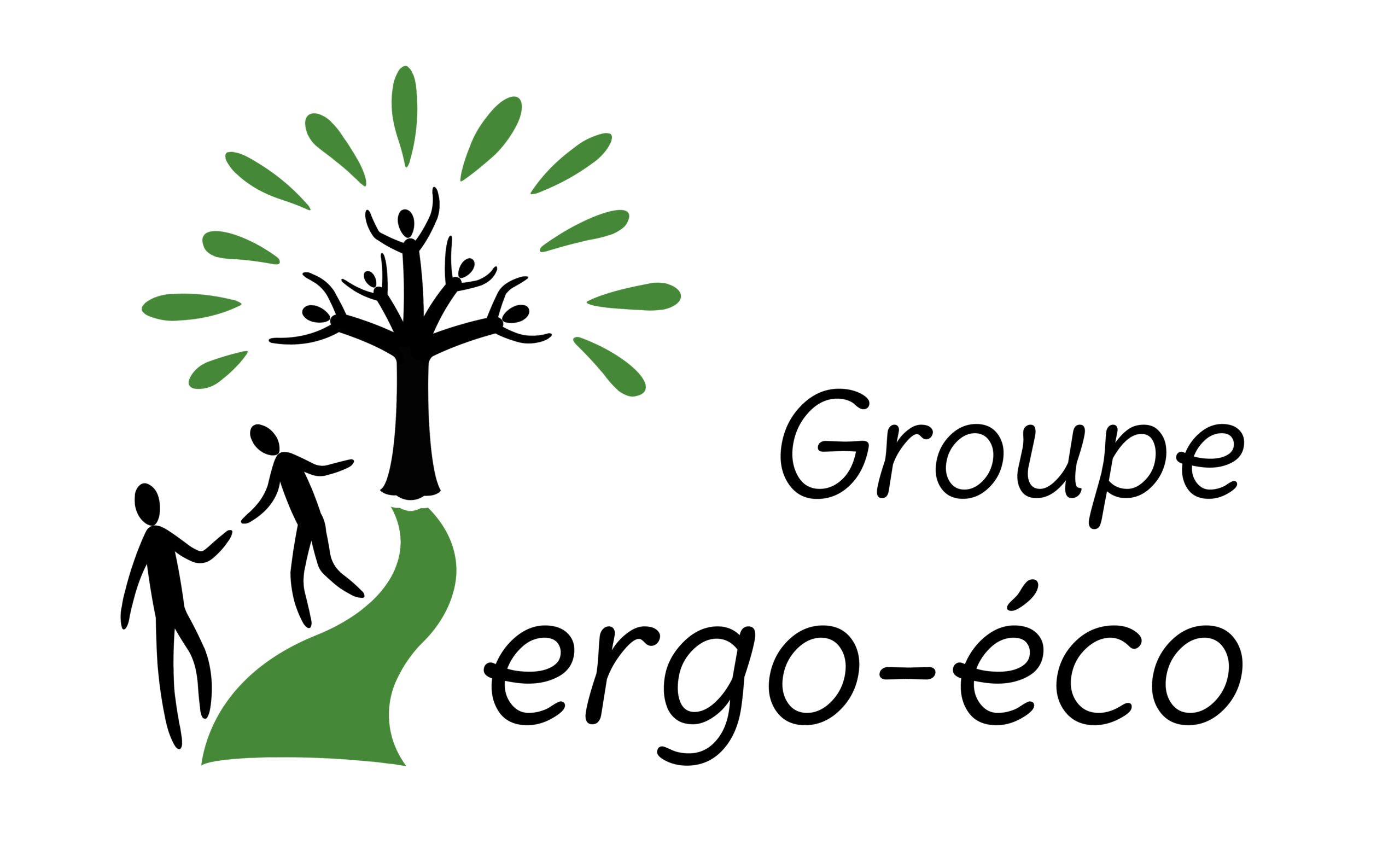
About Groupe ergo-éco
Formé depuis 2020 en Suisse, la Groupe ergo-éco, une groupe d’ergothérapeutes se questionne et lance des projets sur la thématique du dérèglement climatique, ainsi que sur la transition écologique et sociale, en lien avec leur pratique professionnelle.
About PREP-IP
The Environmental Physiotherapy Association is a proud associate partner of the Persons with Refugee experience Education Project (PREP IP), an KA2 project co-funded by the ERASMUS+ Programme of the European Union that addresses the mismatch between the competence of physiotherapists and the complex rehabilitation needs of a growing population of refugees and migrants in Europe.


